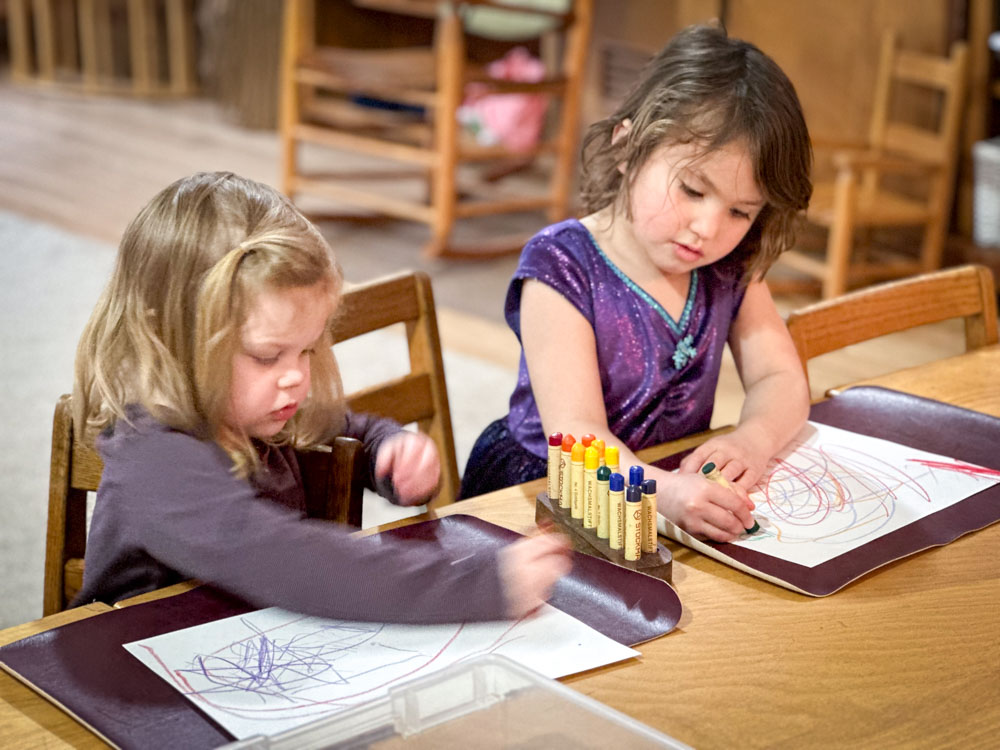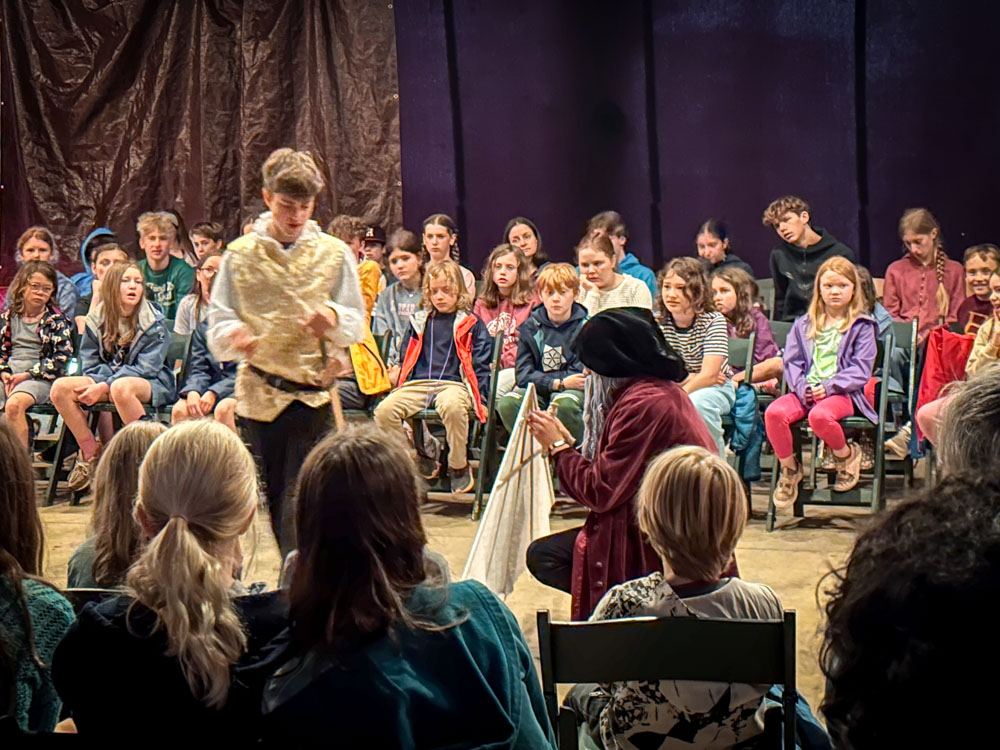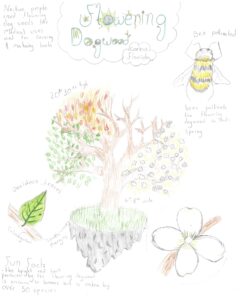Waldorf education is based on spiritual knowledge and an understanding of human development. During the first seven years, when children learn by imitation not only of our actions but also of our thoughts and feelings, a healthy environment is essential. This gives children the capacity to be free individuals later in life. From the ages of seven through fourteen a respect for authority and an environment worthy of reverence will give children the capacity to truly comprehend equality in the rights realm. From fourteen to the age of twenty-one students learn out of a sense of love and respect. The teachers and community must therefore demonstrate a love for humanity, enabling students in adulthood, to comprehend brotherhood and sisterhood in the economic realm.
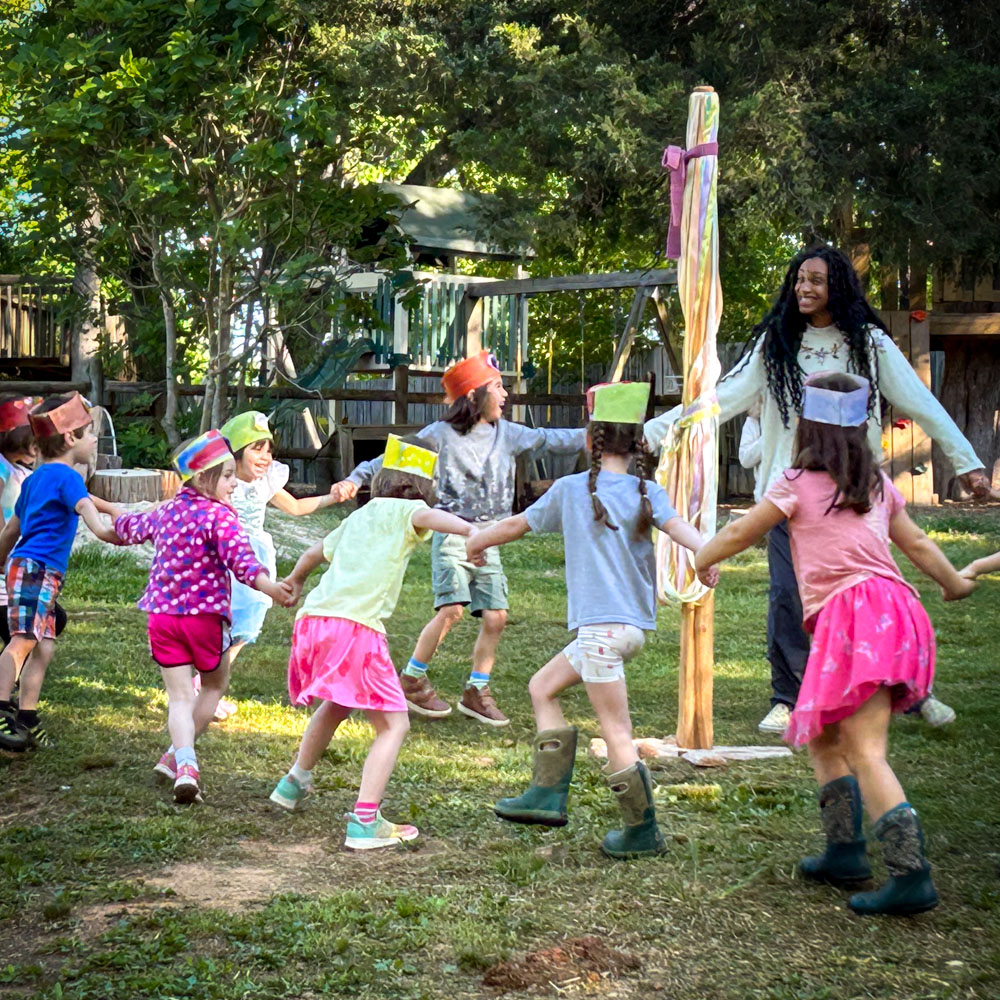

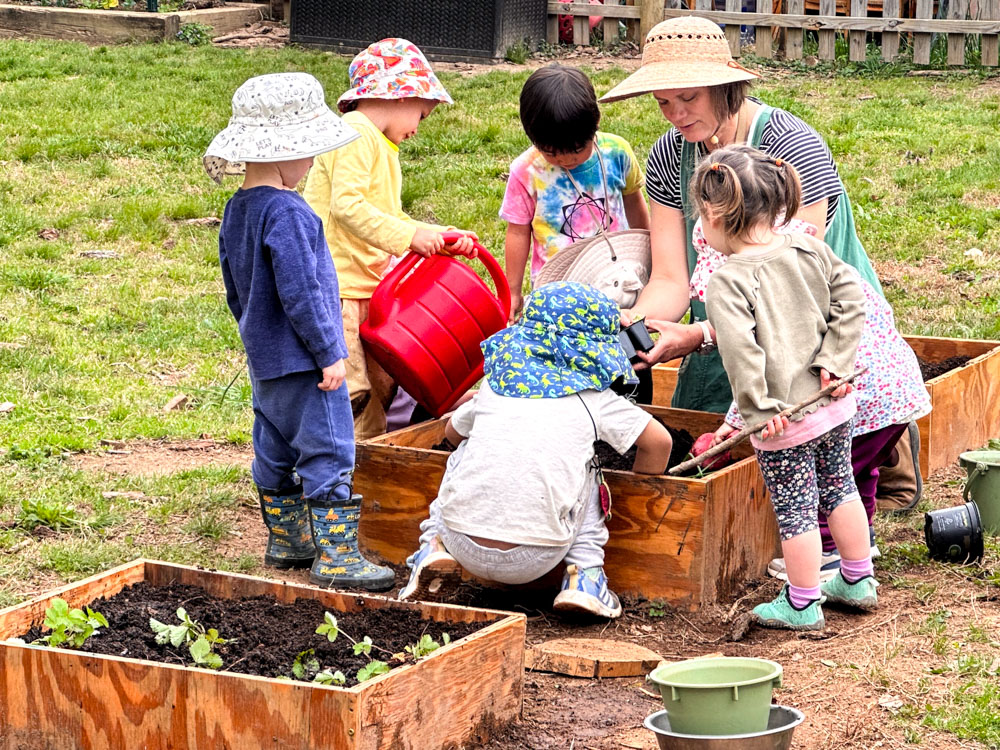
Steiner regarded the social and moral learning of the child as one of the core questions of education. He felt that education was not a question of what knowledge children needed to acquire to enter society, but of what capacities human beings could develop to bring new forces into society. “The task of education is no longer integrating the child into society in such a way that it receives its further formation from society. Today it is the contrary which is important: the child seeks an education which makes it possible to allow its own forces, the source of new development possibilities, to flow into our existing society.” (Annual Report of the Pedagogical Section of the Anthroposophical Society, 1997)


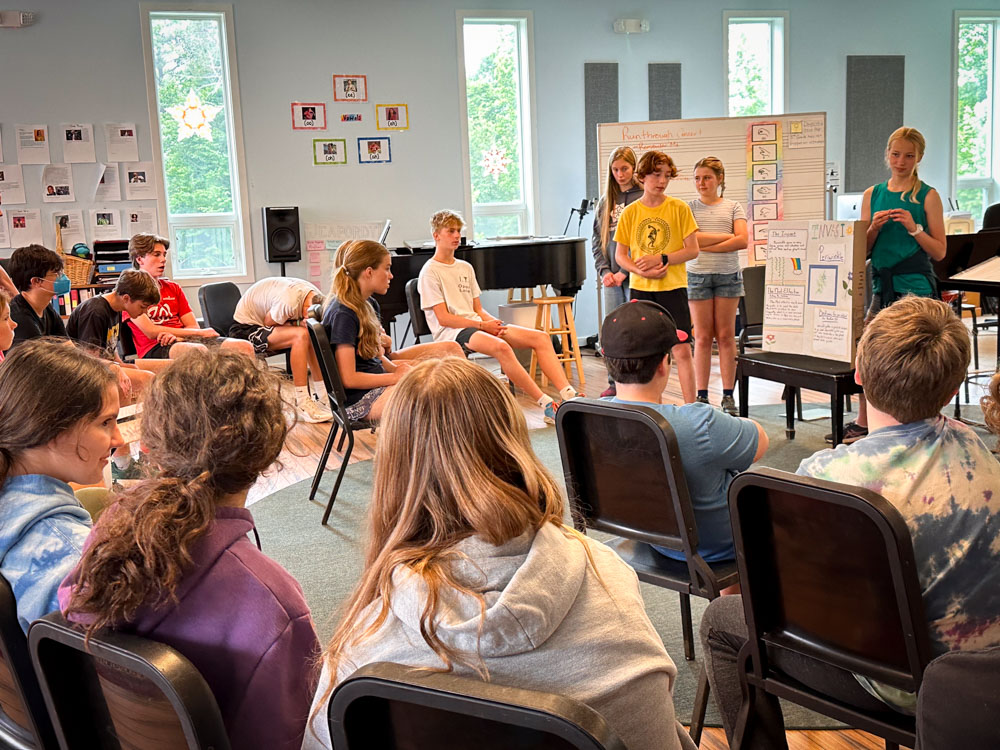
Steiner characterized the basic task of education as overcoming egoism. “When you turn to your work, do not forget that all of modern culture, right into the spiritual areas, is based upon human self-interest. We live in a time when we must combat this appeal to human selfishness in all areas if people are not to go even farther down the declining cultural path they now tread.” (Rudolf Steiner, Foundations of Human Experience, Anthroposophical Press, 1996)
